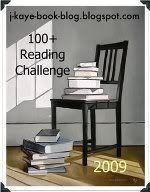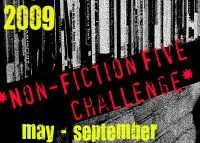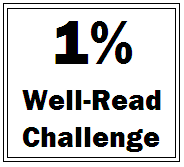
That the central theme of Playing House is incest could--and, I suspect, often does--repel the potential reader away. Looking at the book from a traditionally moralistic standpoint, this is the literary equivalent of an amusement park's house of horrors. However, taking the wrappings of Playing House and using them to judge the true heart of the book would be a mistake. Doing so would allow the potential reader to miss what is a nuanced and delicate examination of the things we need and what that need does to us.
The plot, though so potentially shocking, is rather straightforward. Playing House's nameless narrator has a childhood love affair with her brother from which she never recovers. After the affair ends, she begins to spin out of control mentally, brilliantly reflected in Fredrica Wagman's frantic, frenetic, stream-of-consciousness writing style. The narrator wants her brother yet is also angry and wishes to escape his influence. Everything that happens to her or is done by her post-affair is a direct result of the gravitational pull of her brother.
Interestingly, the narrator looks back at her relationship with her brother not with disgust or even confusion but rather with a mixture of nostalgia and resignation. She says of her sister, a sibling eclipsed in the narrator's mind by the brother, that she was "chasing smoke," and the same is true of the narrator. She has created in her brother the ideal man, yet he is the man she cannot have. In spite of this, or because of it, she seeks him everywhere. In light of an absent father, vacant mother and an older sister she never really knows, her brother becomes her entire family, her only guidepost platonically and romantically. For her, he is the only one who can give and who can take away.
Thus, the conflict of Playing House is an internal one. At the opening, the narrator is torn between her incestuous relationship with her brother and her socially acceptable relationship with her husband. But there is no simple dichotomy. Onto the normal, churchly love of a husband and wife, the narrator tries to impose perverse freakishness. Onto her incestuous relationship, normal domesticity. The rules by which the rest of us make sense of our lives don't apply to the narrator. She cannot accept church-sanctioned love because she is already a member of a cult of personality. But can members of such cults ever come out okay?
Playing House is frequently difficult; Wagman does an excellent job of not allowing the reader the luxury of labelling right and wrong. This is one of the harder reads I've tackled recently, not only for the subject matter but also because of the beautiful but dizzying prose. In the end, though, the narrator's failings and agonies are truly universal; as she asks herself, "Why didn't I ever live what I had, why were the dreams always better than the things I had?"







I have this book to read and review. I can't wait to read it, it's thought provoking for sure, but it does look excellent.
ReplyDelete